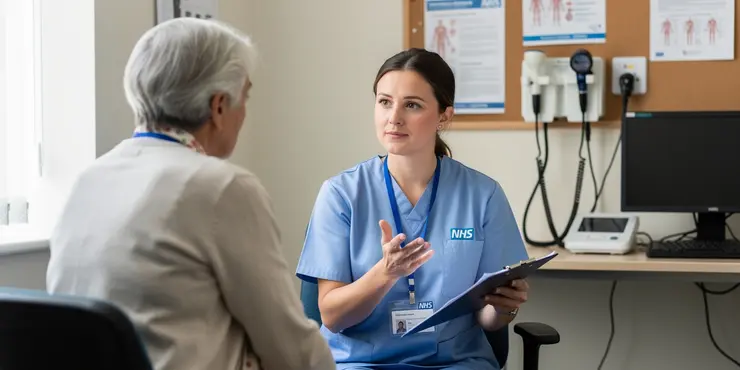
Find Help
More Items From Ergsy search
-
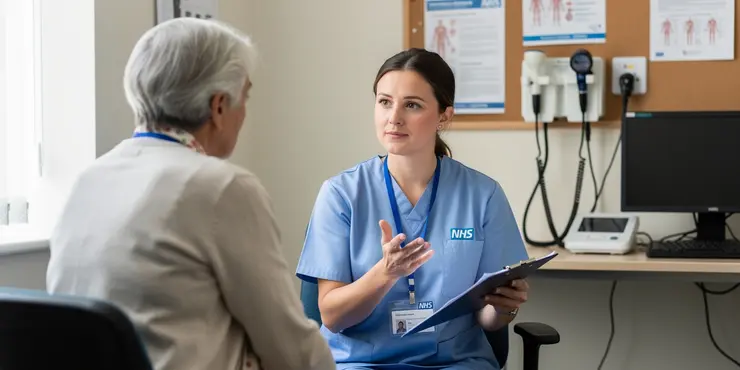
Who is at risk of developing shingles?
Relevance: 100%
-

Who is at risk of developing shingles?
Relevance: 78%
-
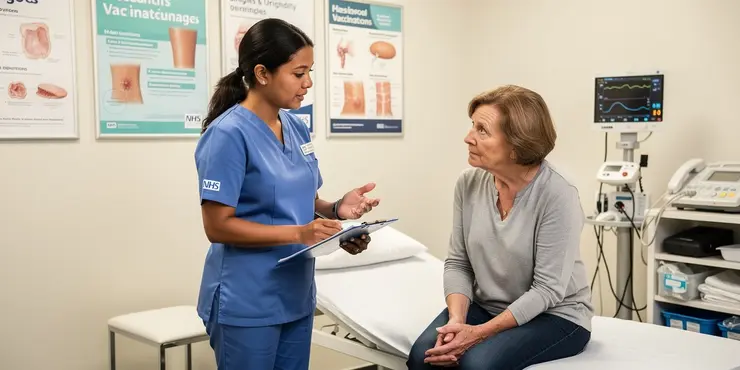
Is shingles contagious?
Relevance: 64%
-
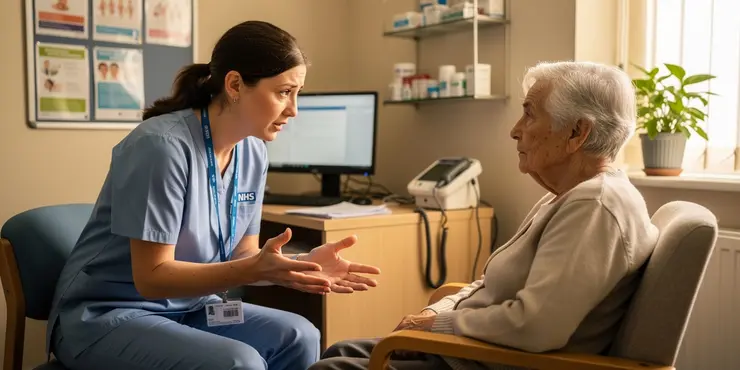
What is Shingles?
Relevance: 64%
-

What causes shingles?
Relevance: 63%
-
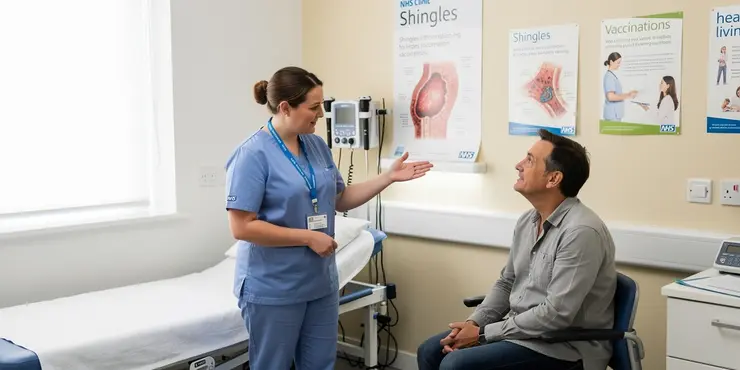
Is shingles contagious?
Relevance: 62%
-
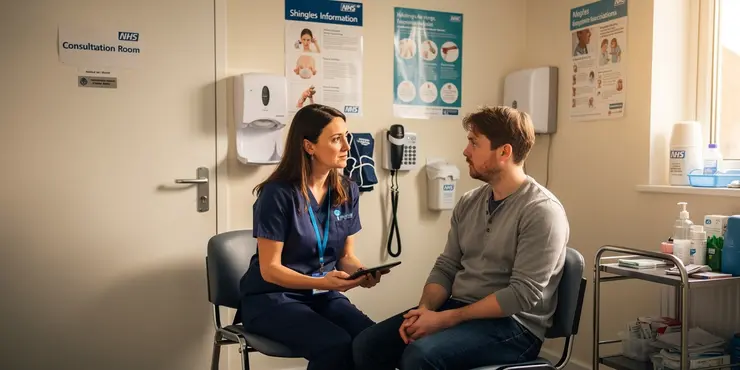
What is shingles?
Relevance: 62%
-
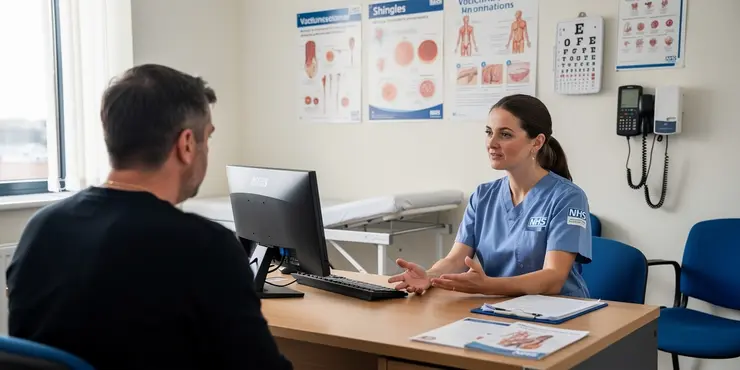
What causes shingles?
Relevance: 61%
-
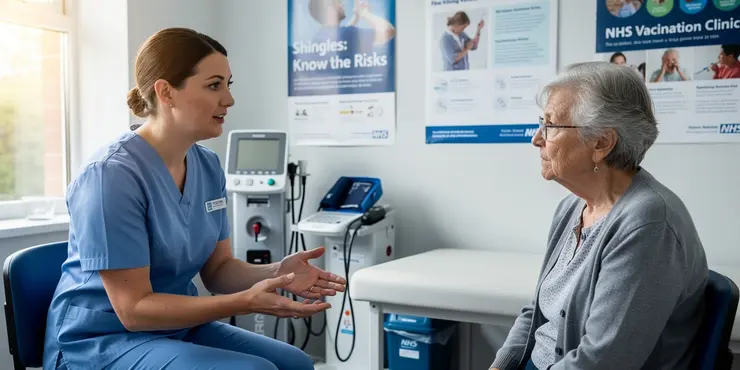
Are there any complications associated with shingles?
Relevance: 60%
-
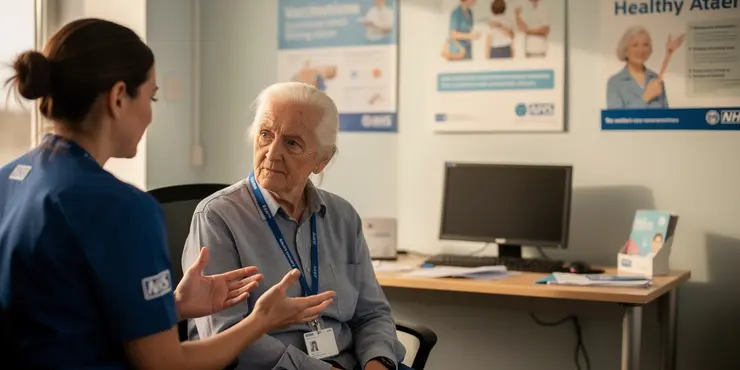
Can shingles be prevented?
Relevance: 60%
-
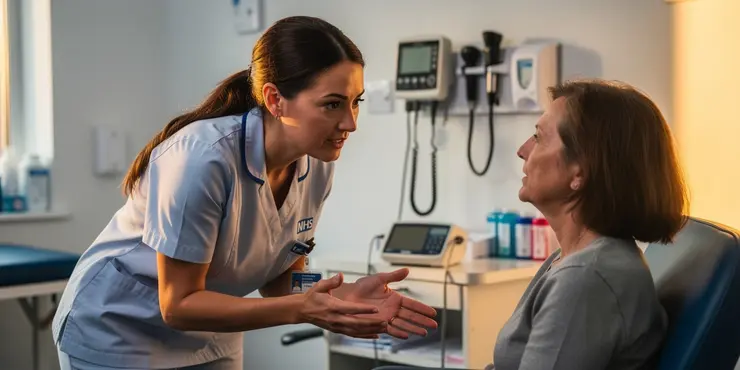
Can stress trigger shingles?
Relevance: 59%
-
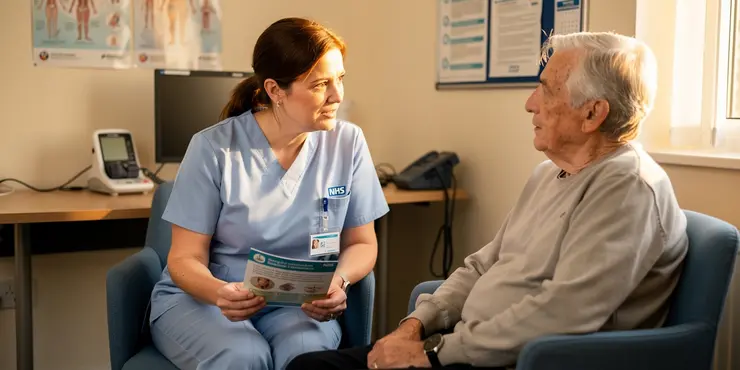
Can shingles be prevented?
Relevance: 59%
-
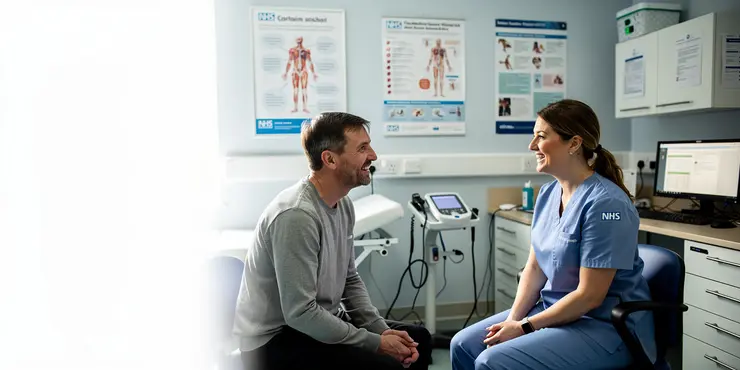
Can stress trigger shingles?
Relevance: 58%
-
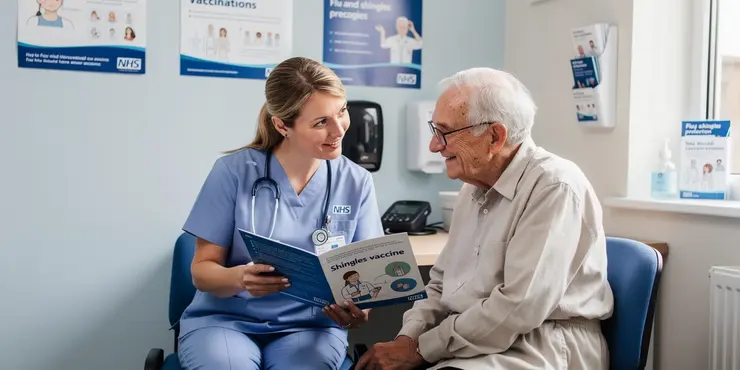
Is the shingles vaccine safe?
Relevance: 57%
-
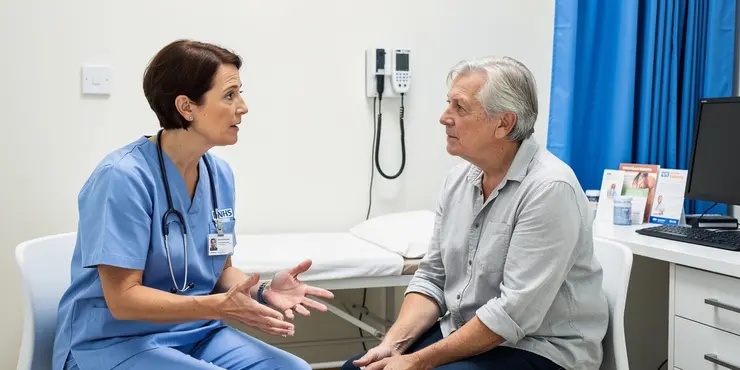
Can the shingles vaccine cause chickenpox?
Relevance: 56%
-
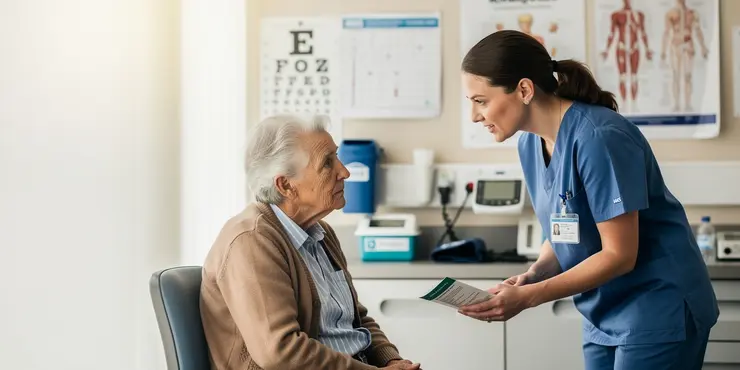
Can the shingles vaccine cause chickenpox?
Relevance: 54%
-
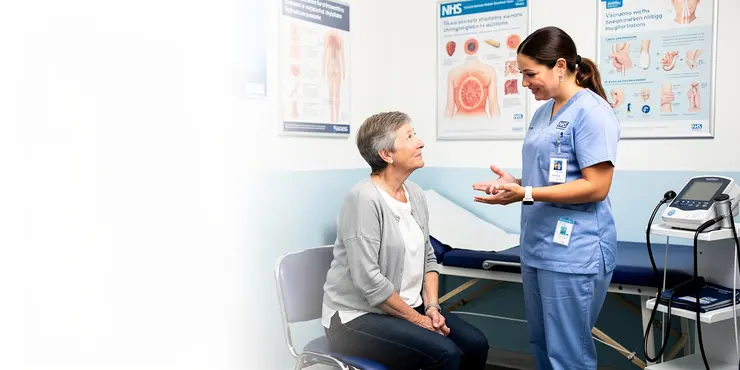
What are the symptoms of shingles?
Relevance: 54%
-
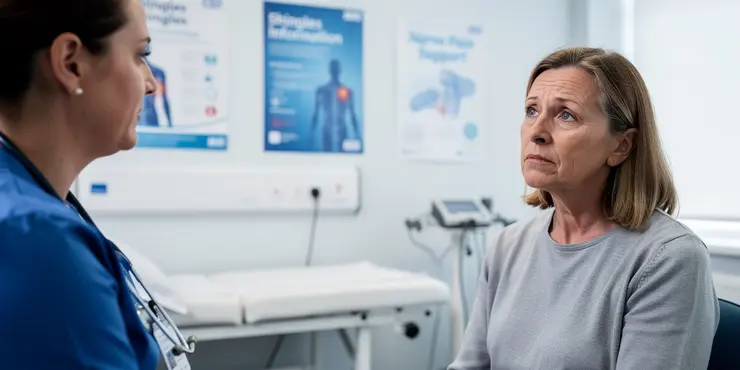
Are there any complications associated with shingles?
Relevance: 54%
-
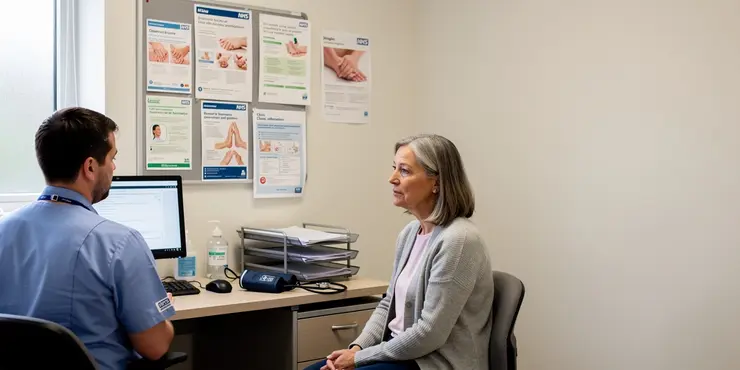
What treatments are available for shingles?
Relevance: 54%
-

What treatments are available for shingles?
Relevance: 54%
-
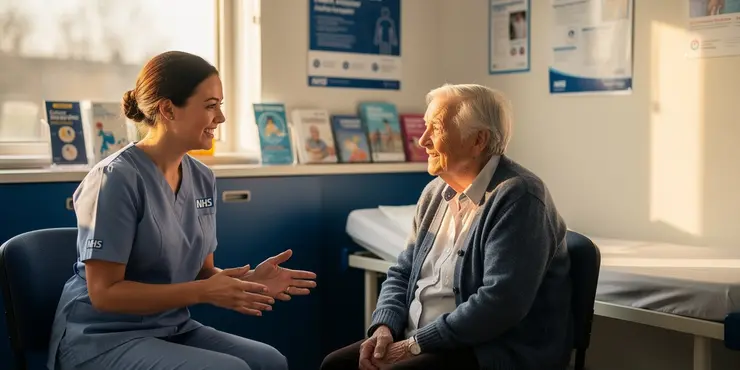
At what age should one get the shingles vaccine?
Relevance: 53%
-
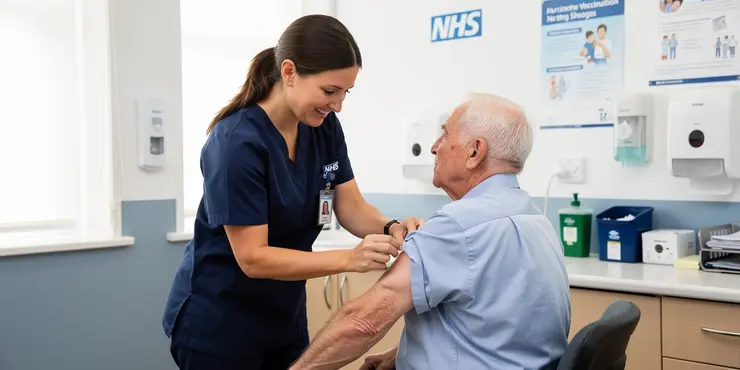
At what age should one get the shingles vaccine?
Relevance: 53%
-
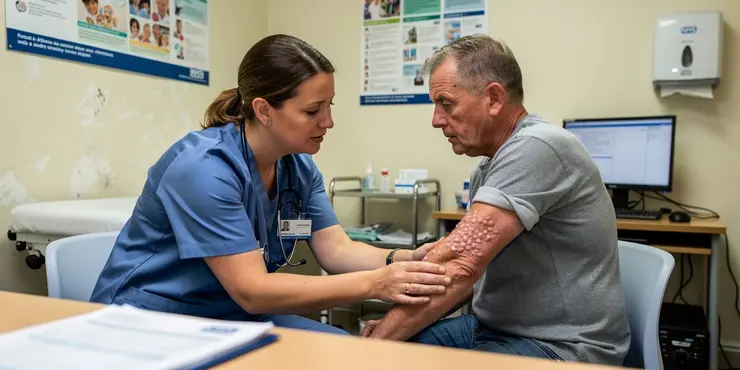
How is shingles diagnosed?
Relevance: 52%
-
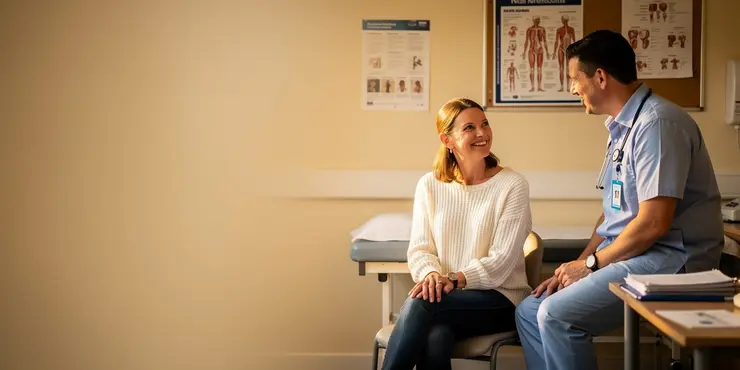
Who is at risk of developing eczema?
Relevance: 50%
-
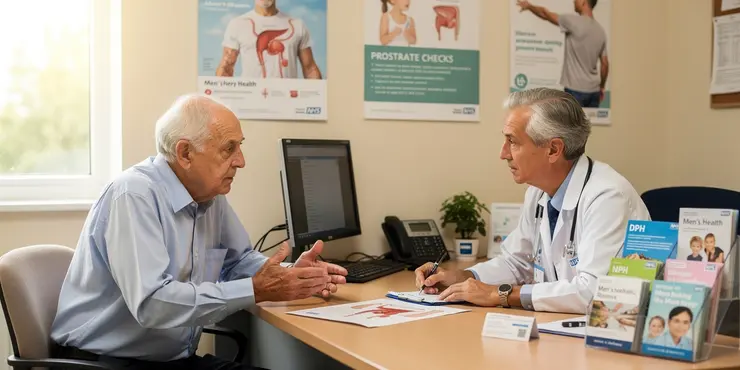
Who is at risk for developing BPH?
Relevance: 50%
-
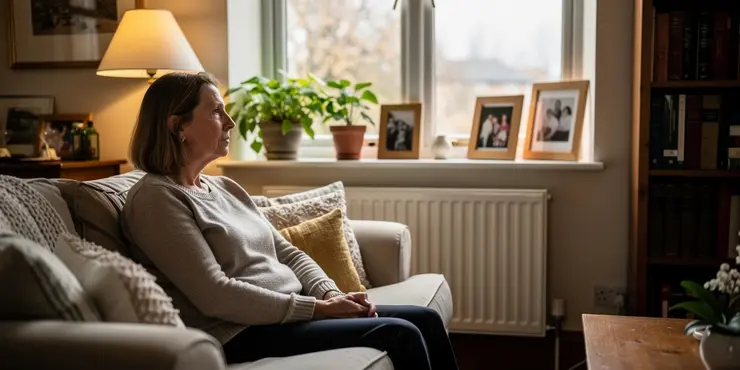
Who is at risk of developing SAD?
Relevance: 49%
-
Who is at risk for developing an eating disorder?
Relevance: 47%
-
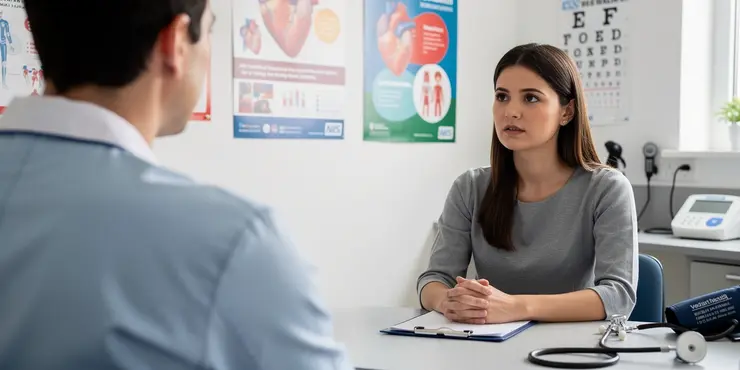
Who is at risk of developing Crohn's disease?
Relevance: 46%
-
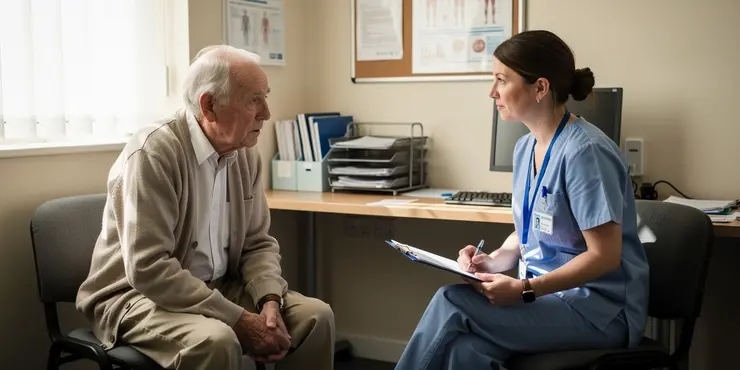
Who is at risk of developing Alzheimer's disease?
Relevance: 45%
-

Who is at risk of developing chronic fatigue syndrome?
Relevance: 45%
-
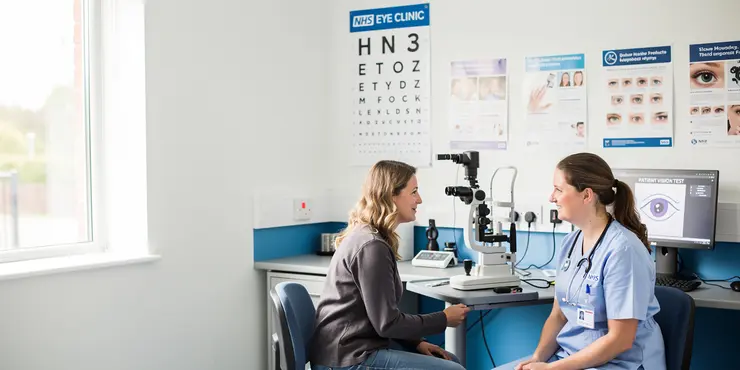
Are there any risk factors for developing hypotony?
Relevance: 44%
-

What are risk factors for developing sleep apnea?
Relevance: 43%
-
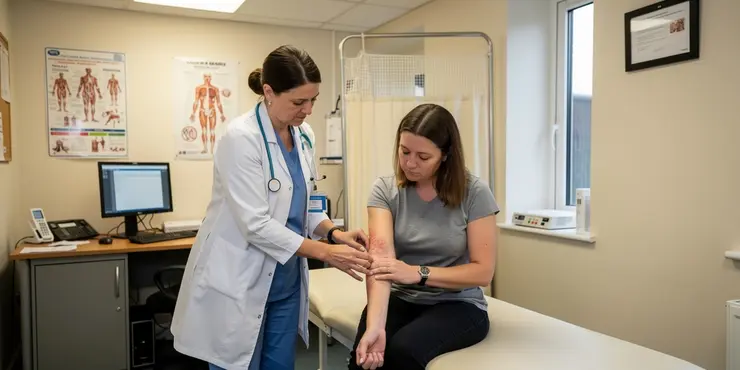
How is shingles diagnosed?
Relevance: 39%
-
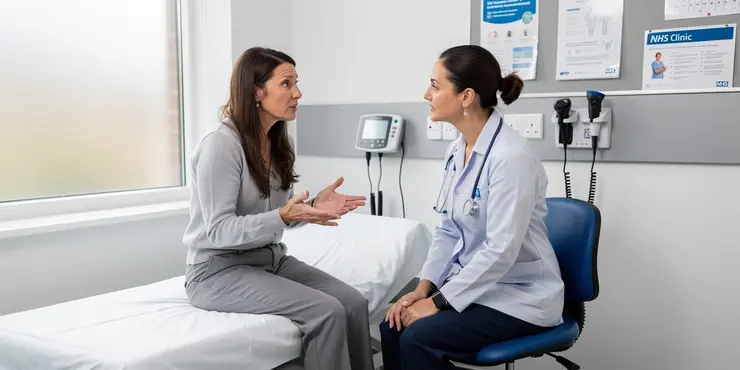
What should I do if I think I have shingles?
Relevance: 38%
-
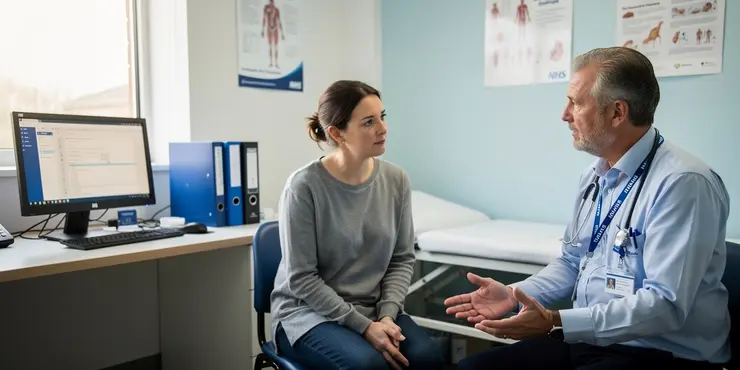
How long does a shingles outbreak last?
Relevance: 36%
-

How long does a shingles outbreak last?
Relevance: 36%
-
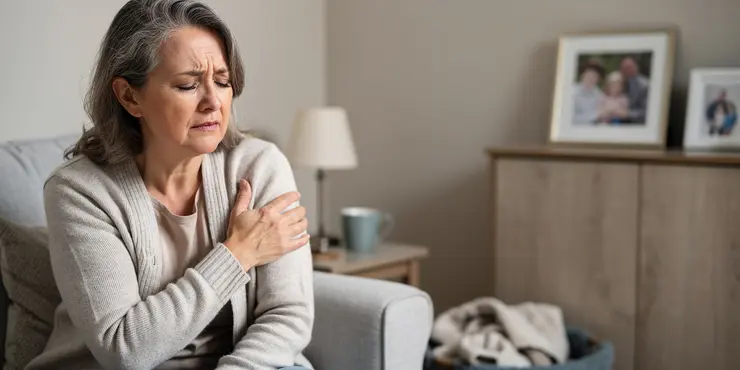
What is postherpetic neuralgia?
Relevance: 36%
-
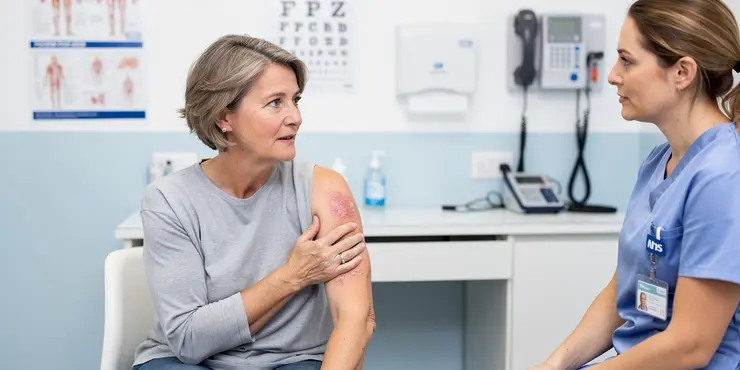
What is postherpetic neuralgia?
Relevance: 36%
-
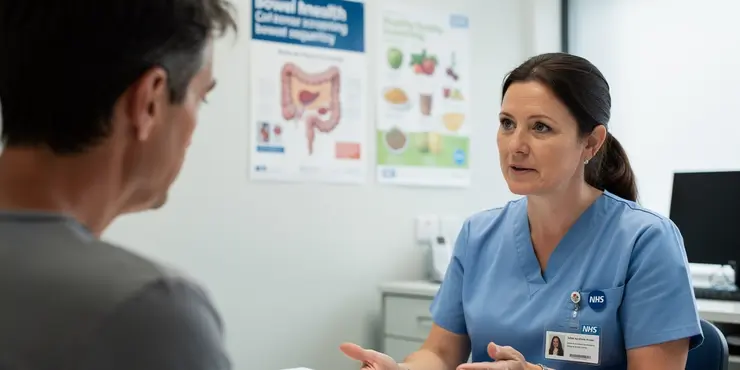
What role does diet play in the risk of developing bowel cancer?
Relevance: 35%
-
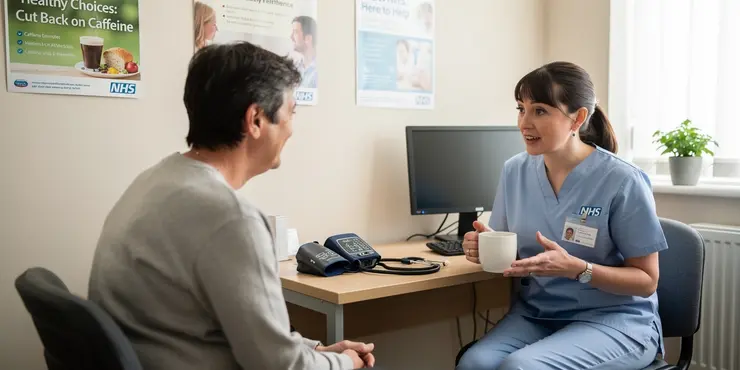
Does drinking coffee every morning increase the risk of developing high blood pressure?
Relevance: 32%
Who is at Risk of Developing Shingles?
Shingles, also known as herpes zoster, is a viral infection that causes a painful rash. It is caused by the varicella-zoster virus, the same virus that causes chickenpox. In the UK, certain groups of people are more likely to develop shingles, and understanding these risk factors is essential for prevention and management.
Older Adults
Age is a significant risk factor for developing shingles. People over the age of 50 are at a higher risk, with the likelihood increasing as they age. The immune system naturally weakens with age, making older adults more susceptible to viral infections, including the reactivation of the varicella-zoster virus.
Weakened Immune System
Individuals with weakened immune systems are more prone to shingles. This includes people undergoing treatments such as chemotherapy or radiation therapy for cancer, those who have had organ transplants and are taking immunosuppressive drugs, and individuals with autoimmune diseases. Additionally, people living with HIV/AIDS are at increased risk due to their compromised immune function.
Previous Chickenpox Infection
Anyone who has had chickenpox is at risk of developing shingles later in life. After a person recovers from chickenpox, the virus remains dormant in the body. It can reactivate years later as shingles, particularly when the immune system is weakened. Almost 90% of adults in the UK have had chickenpox, making them potential candidates for shingles.
Stress and Mental Health
Chronic stress and poor mental health can negatively impact the immune system, increasing the risk of shingles. Stressful life events, such as the loss of a loved one or undergoing a significant life change, can trigger the reactivation of the varicella-zoster virus. Ensuring good mental health is a key component in lowering shingles risk.
Other Factors
Other risk factors include gender and race. Some studies suggest women are slightly more likely to develop shingles compared to men. Additionally, while shingles can affect people of all ethnic backgrounds, certain genetic factors might influence susceptibility. It is important to note that shingles is not caused by contact with someone who has chickenpox or shingles, but rather by the reactivation of the dormant virus in one's own body.
Conclusion
Awareness of the risk factors for shingles is crucial for prevention and early intervention. Vaccination is available and recommended for individuals aged 70 to 79 in the UK, as it significantly reduces the likelihood of developing shingles and its associated complications. People at high risk should discuss their concerns with healthcare professionals to receive appropriate guidance and support.
Who Can Get Shingles?
Shingles is a sickness that makes a painful rash. It is caused by a virus called varicella-zoster. This is the same virus that causes chickenpox. In the UK, some people are more likely to get shingles. Knowing who can get shingles helps stop it and take care of it if it happens.
Older People
Older people are more likely to get shingles. People over 50 have a higher chance. As people get older, their bodies find it harder to fight infections. This is why older people may get shingles more easily.
Weak Immune System
People with a weak immune system can get shingles easily. This includes people having treatments for cancer like chemotherapy. People who have had an organ transplant and take special medicine that weakens the immune system are also at risk. People with diseases like HIV/AIDS also have a higher risk.
Had Chickenpox Before
If someone had chickenpox before, they can get shingles later. After getting chickenpox, the virus stays in the body. It can wake up again years later as shingles, especially if the immune system is weak. In the UK, almost 90% of adults had chickenpox, so many could get shingles.
Stress and Feeling Unwell
Being stressed or feeling sad can make it easier to get shingles. Stress and bad mental health can weaken the immune system. Big life changes or losing someone special can make the virus wake up. Taking care of mental health can help reduce the risk of shingles.
Other Things
Some other things might make getting shingles more likely. Some studies say women might get shingles more than men. People of all backgrounds can get shingles, but genes might play a part. Shingles doesn’t come from touching someone with chickenpox or shingles. It comes from the virus waking up in your body.
What You Can Do
Knowing who can get shingles helps prevent it early. There is a vaccine for shingles. In the UK, people aged 70 to 79 can get it. It helps stop shingles and its problems. People who might get shingles should talk to a doctor. They can give good advice and help.
Frequently Asked Questions
What age group is most at risk for developing shingles?
People over the age of 50 are most at risk for developing shingles.
Can children develop shingles?
Yes, but it is less common. Children can develop shingles if they had chickenpox or received the chickenpox vaccine.
Is having had chickenpox a risk factor for shingles?
Yes, having had chickenpox is a risk factor for developing shingles later in life.
Does a weakened immune system increase the risk of shingles?
Yes, a weakened immune system can increase the risk of developing shingles.
Do stress and emotional factors contribute to shingles risk?
High levels of stress may weaken the immune system and increase the risk of shingles.
Can medications increase the risk of developing shingles?
Yes, medications that suppress the immune system can increase the risk of shingles.
Are there any chronic illnesses that increase the risk of shingles?
Chronic illnesses such as HIV/AIDS and cancer can increase the risk of shingles.
Is being vaccinated against chickenpox a risk factor for shingles?
Vaccinated individuals may still develop shingles, but the risk and severity may be lower compared to those who had natural chickenpox infection.
Does having shingles once increase the risk of getting it again?
Yes, having shingles once means you may be at increased risk for future episodes, although it is not common.
Can stress management help reduce risk of shingles?
Managing stress can support a healthy immune system and potentially reduce the risk of shingles.
Does age affect the severity of shingles symptoms?
Yes, older adults are more likely to experience severe symptoms and complications from shingles.
Are smokers at a higher risk of developing shingles?
Smoking may weaken the immune system, potentially increasing the risk of shingles.
Can shingles be prevented by a vaccine?
Yes, vaccines like Shingrix can help prevent shingles and reduce its severity.
Is there a genetic predisposition to developing shingles?
There is no strong evidence to suggest a genetic predisposition, but family history of shingles may indicate shared risk factors.
Can pregnant women get shingles?
While less common, pregnant women who have had chickenpox can develop shingles.
Does diet have an impact on shingles risk?
A balanced diet supports overall health, but specific dietary factors directly affecting shingles risk are not well-established.
Does shingles occur more frequently in certain seasons?
There is no clear evidence that shingles occurs more frequently in specific seasons.
Can frequent illnesses increase risk of shingles?
Frequent illnesses might weaken the immune system, potentially increasing the risk of shingles.
Is exposure to someone with shingles a risk factor?
Exposure to someone with shingles does not cause shingles but can lead to chickenpox if you haven't had it or been vaccinated.
Can maintaining a healthy lifestyle reduce the risk of shingles?
Yes, a healthy lifestyle with a good diet, regular exercise, and stress management can support immune health and reduce risk.
Who is most likely to get shingles?
People older than 50 are more likely to get shingles. If you need help reading, ask a friend or use a reading app to help you understand better.
People who are older than 50 years old have a higher chance of getting shingles.
Can kids get shingles?
Yes, kids can get shingles, but it's not very common. This can happen if they had chickenpox before or got the chickenpox shot.
Can having chickenpox make you get shingles later?
If you had chickenpox before, you might get shingles when you are older.
Can a weak immune system make it easier to get shingles?
Yes, if your body’s defense system (immune system) is weak, you might have a higher chance of getting shingles.
Can stress and feelings make you more likely to get shingles?
Feeling stressed or having strong emotions might increase the chance of getting shingles. Try to stay calm and talk about your feelings. If you feel stressed, ask for help from a friend or family member.
Feeling very stressed can make it harder for your body to stay healthy. This can make it easier to get sick with something called shingles.
Can medicines make it more likely to get shingles?
Yes, some medicines can make the body's defense system weaker, and this can make it easier to get shingles.
Do some long-term illnesses make getting shingles more likely?
People who have some long-term illnesses might have a higher chance of getting shingles. Here are some tips to help understand and read better:
- Ask someone to read it with you.
- Use a dictionary to look up hard words.
- Take breaks if reading feels hard.
Some long-lasting sicknesses like HIV/AIDS and cancer can make it more likely for someone to get shingles.
Can you get shingles if you have had the chickenpox vaccine?
People who got the vaccine can still get shingles, but they might not get as sick as people who had chickenpox before.
Can you get shingles more than once?
If you have had shingles before, you might get it again. But this does not happen often.
Can managing stress help lower the chance of getting shingles?
Stress is when you feel worried or tense. Managing stress means finding ways to feel calm and relaxed.
Shingles is a skin rash that can hurt a lot. Some people think that when you are less stressed, you might be less likely to get shingles.
Here are some ways to manage stress:
- Take deep breaths to relax.
- Talk to a friend or someone you trust.
- Do something fun or listen to music.
- Try some gentle exercises, like yoga or stretching.
If you need help managing stress, you can ask a teacher or a doctor for more ideas.
When we feel calm and less worried, it can help us stay healthy and strong. This might help us not get sick with things like shingles.
Does how old you are make shingles worse?
Yes, older people can get really sick and have more problems if they get shingles.
Do people who smoke have a bigger chance of getting shingles?
Smoking can make your body's defenses weaker. This might make you more likely to get shingles.
Can a vaccine stop shingles?
Yes, vaccines like Shingrix can help stop shingles and make it less serious.
Can you get shingles because of your genes?
We don't have strong proof that shingles runs in families. But if someone in your family had shingles, it might mean you have some of the same risks.
Can women who are going to have a baby get shingles?
Women who are having a baby can get shingles.
Shingles is a skin rash. It is caused by the same virus that causes chickenpox.
If a woman had chickenpox before, she might get shingles later.
It is important for women to talk to their doctor if they get a rash.
Special doctors, called midwives or obstetricians, can give advice.
Women can try gentle activities like walking or stretching if they feel well.
If you think you have shingles, tell someone who can help, like a family member.
Pregnant women who had chickenpox before can sometimes get shingles. It doesn't happen very often.
Can what you eat change your chance of getting shingles?
Eating healthy food is good for you. We don't know much about how certain foods can help with shingles.
Do people get shingles more in some seasons than others?
Scientists don't know if people get shingles more in one season or another.
Can being sick a lot cause a higher chance of getting shingles?
Getting sick often can make your body's defense system weaker. This might make it easier to get a sickness called shingles.
Can you catch shingles from someone who has it?
Being around someone with shingles will not give you shingles. If you have never had chickenpox or the chickenpox vaccine, you could get chickenpox.
Tools that can help:
- Ask someone if you have questions.
- Use a dictionary to learn new words.
Can staying healthy help prevent shingles?
Staying healthy might help prevent shingles. Shingles is a skin rash caused by a virus.
Here are some tips to stay healthy:
- Eat good food like fruits and veggies.
- Exercise by moving your body.
- Sleep well every night.
- Wash your hands to stay clean.
- Get vaccines to protect your body.
To learn more, you can:
- Talk to a doctor or nurse.
- Check easy booklets or videos about health.
- Ask someone to help you read or understand.
Yes, living healthy can help keep your body strong. Eating good food, moving your body with exercise, and staying calm can help you not get sick as much.
Here are some tips:
- Eat fruits and veggies.
- Play or exercise every day.
- Do things that make you happy and calm.
Useful Links
This website offers general information and is not a substitute for professional advice.
Always seek guidance from qualified professionals.
If you have any medical concerns or need urgent help, contact a healthcare professional or emergency services immediately.
Some of this content was generated with AI assistance. We’ve done our best to keep it accurate, helpful, and human-friendly.
- Ergsy carfully checks the information in the videos we provide here.
- Videos shown by Youtube after a video has completed, have NOT been reviewed by ERGSY.
- To view, click the arrow in centre of video.
- Most of the videos you find here will have subtitles and/or closed captions available.
- You may need to turn these on, and choose your preferred language.
- Go to the video you'd like to watch.
- If closed captions (CC) are available, settings will be visible on the bottom right of the video player.
- To turn on Captions, click settings .
- To turn off Captions, click settings again.
More Items From Ergsy search
-

Who is at risk of developing shingles?
Relevance: 100%
-

Who is at risk of developing shingles?
Relevance: 78%
-

Is shingles contagious?
Relevance: 64%
-

What is Shingles?
Relevance: 64%
-

What causes shingles?
Relevance: 63%
-

Is shingles contagious?
Relevance: 62%
-

What is shingles?
Relevance: 62%
-

What causes shingles?
Relevance: 61%
-

Are there any complications associated with shingles?
Relevance: 60%
-

Can shingles be prevented?
Relevance: 60%
-

Can stress trigger shingles?
Relevance: 59%
-

Can shingles be prevented?
Relevance: 59%
-

Can stress trigger shingles?
Relevance: 58%
-

Is the shingles vaccine safe?
Relevance: 57%
-

Can the shingles vaccine cause chickenpox?
Relevance: 56%
-

Can the shingles vaccine cause chickenpox?
Relevance: 54%
-

What are the symptoms of shingles?
Relevance: 54%
-

Are there any complications associated with shingles?
Relevance: 54%
-

What treatments are available for shingles?
Relevance: 54%
-

What treatments are available for shingles?
Relevance: 54%
-

At what age should one get the shingles vaccine?
Relevance: 53%
-

At what age should one get the shingles vaccine?
Relevance: 53%
-

How is shingles diagnosed?
Relevance: 52%
-

Who is at risk of developing eczema?
Relevance: 50%
-

Who is at risk for developing BPH?
Relevance: 50%
-

Who is at risk of developing SAD?
Relevance: 49%
-
Who is at risk for developing an eating disorder?
Relevance: 47%
-

Who is at risk of developing Crohn's disease?
Relevance: 46%
-

Who is at risk of developing Alzheimer's disease?
Relevance: 45%
-

Who is at risk of developing chronic fatigue syndrome?
Relevance: 45%
-

Are there any risk factors for developing hypotony?
Relevance: 44%
-

What are risk factors for developing sleep apnea?
Relevance: 43%
-

How is shingles diagnosed?
Relevance: 39%
-

What should I do if I think I have shingles?
Relevance: 38%
-

How long does a shingles outbreak last?
Relevance: 36%
-

How long does a shingles outbreak last?
Relevance: 36%
-

What is postherpetic neuralgia?
Relevance: 36%
-

What is postherpetic neuralgia?
Relevance: 36%
-

What role does diet play in the risk of developing bowel cancer?
Relevance: 35%
-

Does drinking coffee every morning increase the risk of developing high blood pressure?
Relevance: 32%


